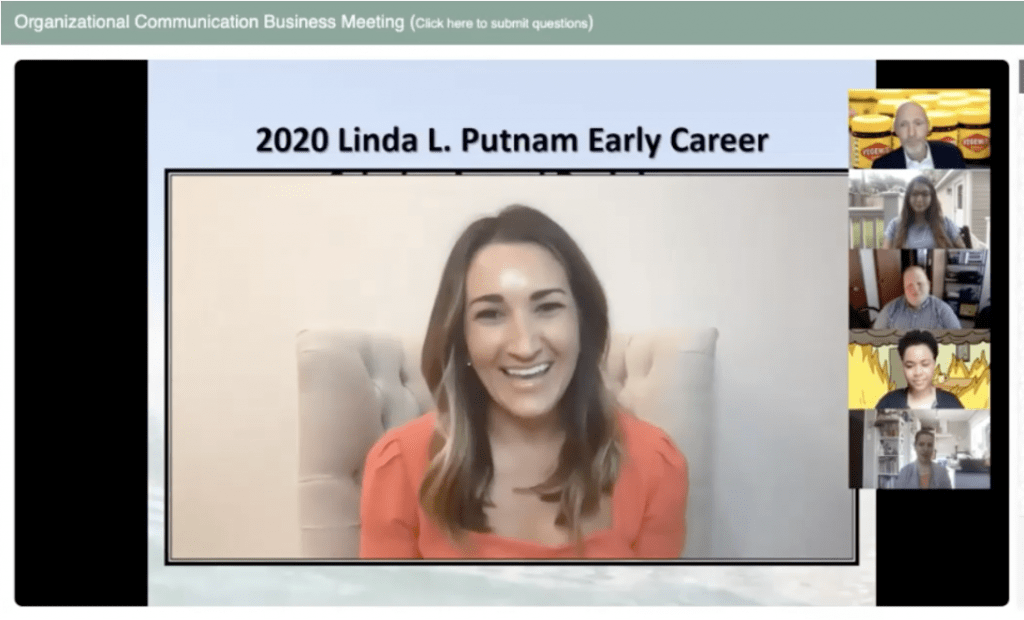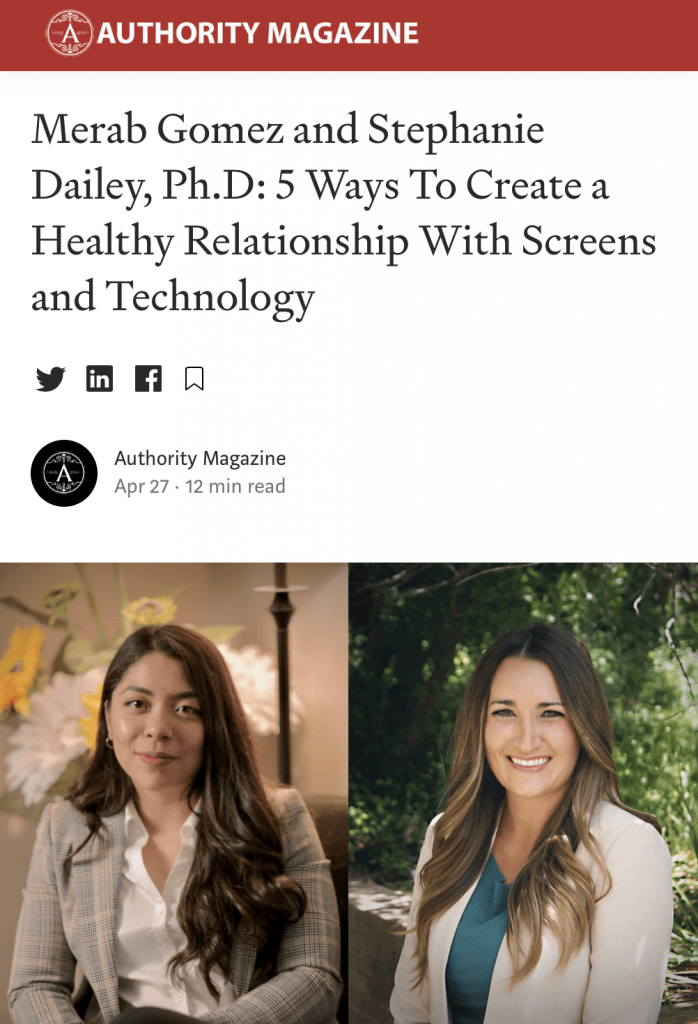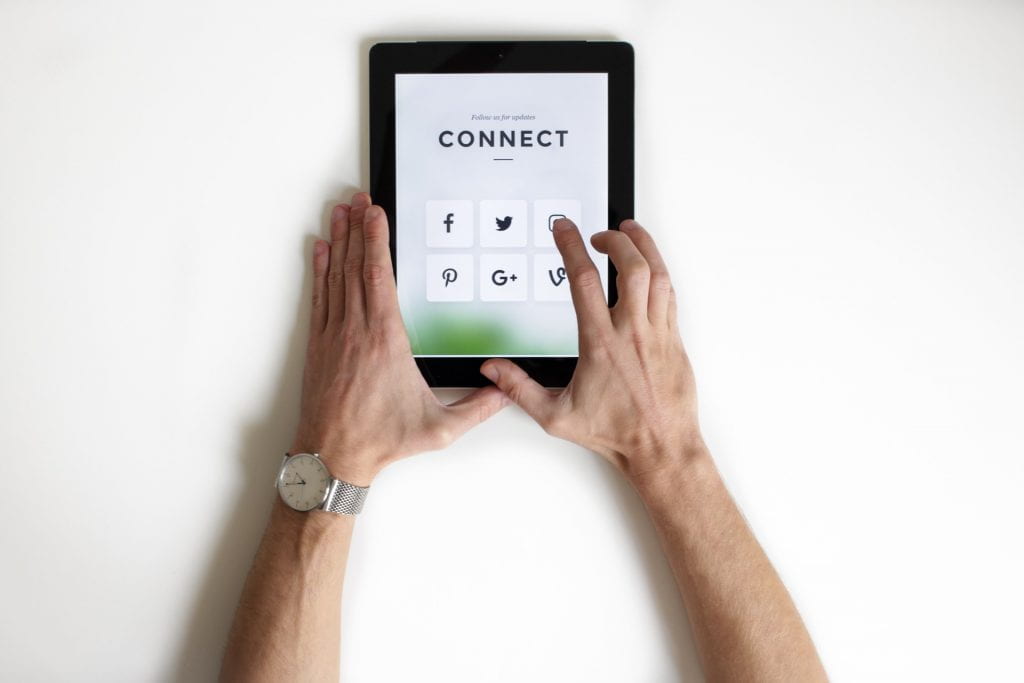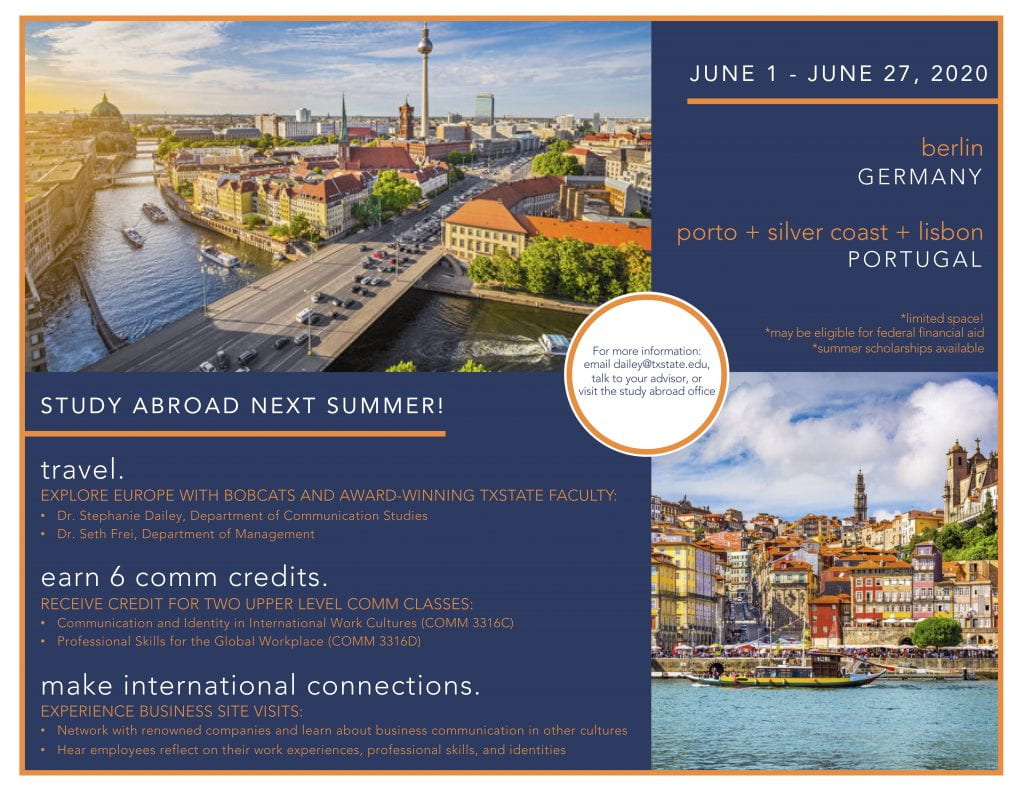Many of us make upward social comparisons on social media — comparing ourselves to others who we believe are faring better than we are. We might think, “She’s prettier than I am,” “Her job seems more glamorous than mine,” or “He drives a nicer car than me.” Our research team was interested in identifying individuals who frequently make upward social comparisons and determining which online behaviors and psychological characteristics are most predictive of these individuals. In this study, we explain key factors related to high upward social comparisons: those with low quality of life, low perceived social support, high in fear of missing out, high levels of social media addiction, frequent censorship to avoid judgment, and feelings of safety while using social media. If you are interested in social-media use and mental health, I encourage you to give it a read!
Article Published in the Journal of Gay & Lesbian Social Services
Our team studying social media and mental well-being published a new article in the Journal of Gay & Lesbian Social Services. In this study, we show how sexual minority status predicts intent-to-quit, even after considering psychological and occupational factors. We hope you’ll read our work, here, if you are interested.
Article Published in Computers in Human Behavior
I’m on a team of interdisciplinary researchers at Texas State who published a new article in Computers in Human Behavior. The article, which you can read here, explores differences in social media use between sexual minorities and heterosexual individuals. Sexual minorities are more likely to spend more hours on Twitter and engage in downward social comparisons (i.e., comparing themselves to others they view as inferior) than heterosexual individuals. In our paper, we suggest these findings could be useful in outreach strategies to promote sexual minority wellbeing, marketing efforts on Twitter, and directions for future research.
Article Published in Communication Quarterly
Sports play a monumental role in our society. In this Communication Quarterly article, co-authored with Regina Alabere, Jake Michalski, and Courtney Brown, we sought to understand what communication in sports teaches people about communication in the workplace. Although the workplace health promotion literature describes how wellness initiatives may influence specific organizational behaviors, it does not a) account for sports activities outside of work and b) explain how sports experiences can shape our general understanding of work. Participating in sports outside of work is likely to serve as a source of anticipatory socialization. Yet scholars have understood little about how athletic involvement outside work may socialize individuals to vocations and organizations. To fill this gap in the literature, we focused on the sports and work experiences of individuals with intellectual disabilities (ID). Interviews and observations of working Special Olympics athletes illuminated how sports communication socialized individuals by helping athletes learn valuable skills used at work, adapt to various job duties, and develop confident work identities. These findings demonstrate the importance of sports communication beyond the playing field, and we encourage continued exploration to better understand the impact of everyday athletic experiences.
Linda L. Putnam Early Career Scholar Award
I am so honored to have received the 2020 Linda L. Putnam Early Career Scholar Award from the International Communication Association! As I said in my acceptance speech, shown in the picture below, I feel so proud to be part of such a wonderful community of organizational communication scholars. I’m incredibly grateful for all the ICA Org Comm Division has done to help me in my early career!
Interview with “Authority Magazine”
Article Published in Human Behavior and Emerging Technologies
Despite the public’s awareness of social media addiction, academic research in this realm remains limited. One of our social media team’s newest studies seeks to fill this gap in the research, seeking to understand predictors of social media addiction across four of the most popular social media platforms: Facebook, Twitter, Snapchat, and Instagram. We take a biopsychosocial approach to demonstrate that biological (age), social (including gender, intensity of use, need for social media, and social com- parison), and psychological factors (specifically stress, empathic concern, conscientiousness, and depression) predict social media addiction. Our findings show that although younger individuals are highly susceptible to social media addiction, users who manifest empathy toward others may have an enhanced psychological resiliency against addiction. Hope you enjoy this read!
Interview on KVUE
KVUE reporter Bryce Newberry interviewed me for his story about Instagram removing the publicly visible number of “likes.” Instagram says their goal is to “depressurize” the platform, particularly for young users. However, our research shows that social comparisons–which are associated with depression and anxiety–will likely still exist because we likely compare ourselves to other users’ posts overall, not other users’ number of likes. In addition, posters will still see the number of likes they received, privately, and this metric is more likely to be tied directly to one’s level of self-esteem.
Article Published in Spotlight on Mental Health Research
This latest publication identified two key social media factors most strongly associated with Generalized Anxiety Disorder: participants comparing themselves to others better off and posting while drinking alcohol. In addition to being published here, this research was featured on KVUE and BobcatUpdate.
Join Me in Europe!
I’m thrilled to be leading a new study abroad program with Management faculty member, Dr. Seth Frei, beginning next summer! If you are interested in studying with us, please email me for more information at Dailey@txstate.edu or follow us on instagram at @businesscommabroad.









